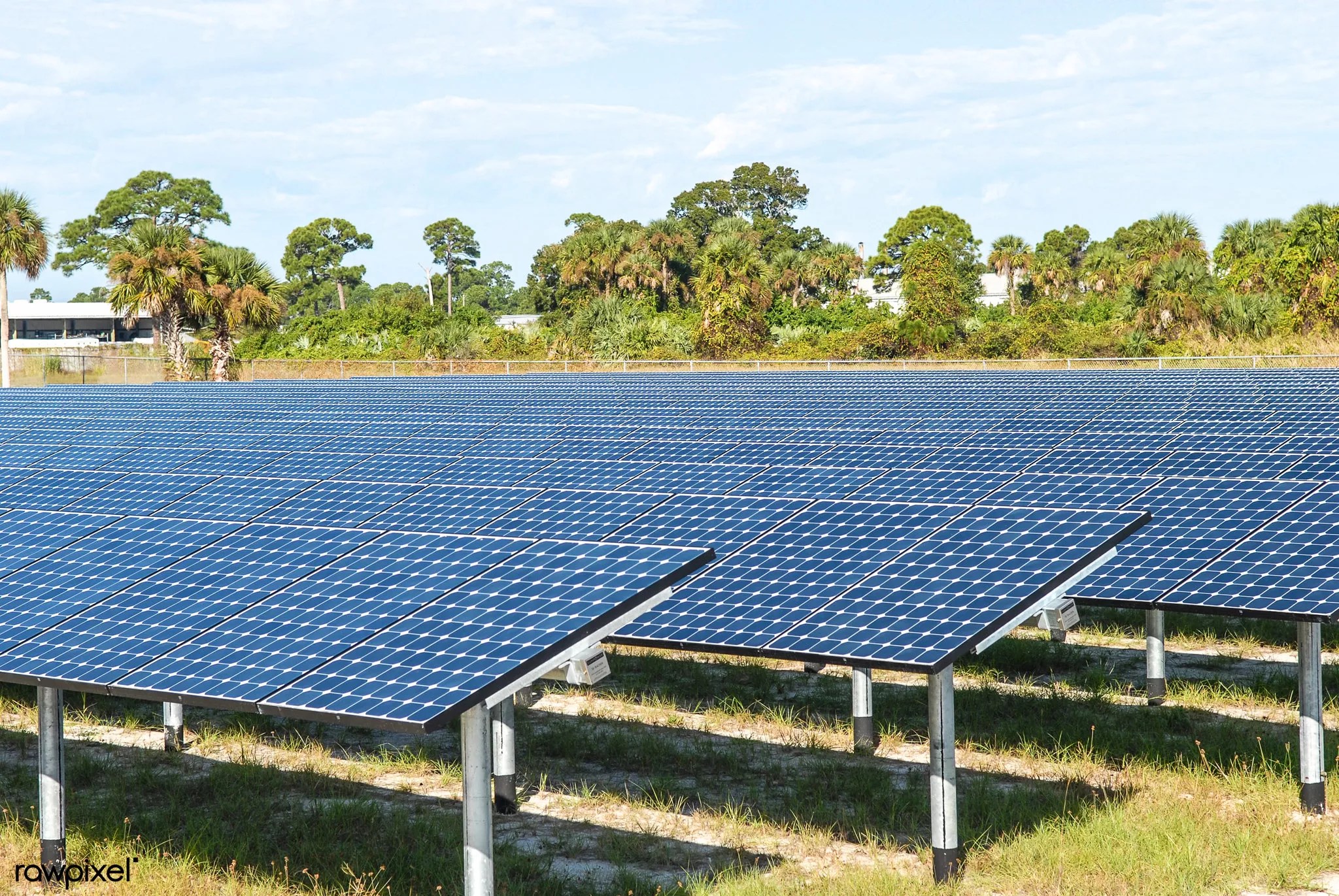
RawPixel LTD / Flickr Creative Commons

Audio By Carbonatix
Earlier this year, South Miami Mayor Philip Stoddard went “off the grid” for seven days and lived entirely on energy from the solar panels attached to the roof of his home. Stoddard, a longtime critic of Florida Power and Light who is also a Florida International University biologist, told the Miami Herald last month he unplugged from the power grid as a “trial run” for potential outages during this year’s hurricane season.
After succeeding on his own, Stoddard is taking the entire city with him. Yesterday, the South Miami City Commission unanimously passed a resolution saying the city will transition to 100 percent clean, renewable energy by the year 2040.
“South Miami’s new commitment to a 100 percent clean and renewable energy supply community-wide is the natural extension of our history of commitment to the planet, our children, and the natural world,” Stoddard said in a media release. “Now we have to roll up our sleeves, fill out our budget, and move this commitment from paper to reality. We invite our neighboring municipalities to join us in transforming our economy and infrastructure to a more sustainable way of life.”
South Miami – a relatively small enclave with a population of roughly 12,000 people – became the eighth city in Florida and the first in Miami-Dade County to commit to kicking fossil fuels. The other seven statewide are Dunedin, Gainesville, Largo, Orlando, St. Petersburg, Sarasota, and Tallahassee.
With the new resolution, South Miami will officially join the Sierra Club’s “Ready for 100” program, a campaign to convert cities to carbon-neutral energy before 2050 – the year when the United Nations says the world must hit net-zero carbon emissions to avoid catastrophic levels of planetary warming. Los Angeles is the largest of the 122 cities that have joined the initiative, and six others – Aspen, Colorado; Burlington, Vermont; Georgetown, Texas; Greensburg, Kansas; Rock Port, Missouri; and Kodiak Island, Alaska, have already hit their fully renewable targets.
Despite South Miami’s relatively small size, Stoddard has been one of the biggest thorns in FPL’s side and one of the best-known environmentalists in Florida. The mayor has appeared on numerous national TV and radio programs, including a National Geographic show hosted by Jack Black. Stoddard’s activism has been central to multiple fights against FPL’s political influence in both South Florida and Tallahassee – most notably, he helped warn citizens in 2016 that FPL and other power utilities were funding a fraudulent amendment designed to trick voters into giving up their rights to home solar panels. (Despite his activism, Stoddard’s tenure has not been without controversy – in the past few years, he’s been accused of sexual harassment, ethics violations, and defending a student accused of indecent exposure.)
South Miami has repeatedly set benchmarks for green technology in Miami-Dade County. In 2017, the city became the first in Florida to require that all new homes or buildings constructed in the city install rooftop solar panels. Now, the Sierra Club hopes the city’s move toward clean energy will inspire other municipalities to hop onboard.
“Communities across Florida know firsthand what the climate crisis means for our future,” Noel Cleland, political committee chair of the Florida Sierra Club’s Miami chapter, said last night in a press release. “To build healthier, resilient, and strong communities and local economies, we need to focus on our contributions to a global issue that will touch families in our community and across the world.”